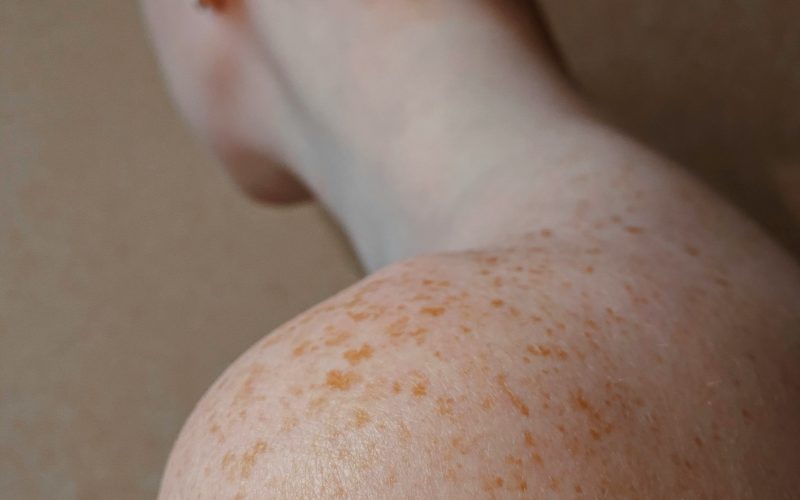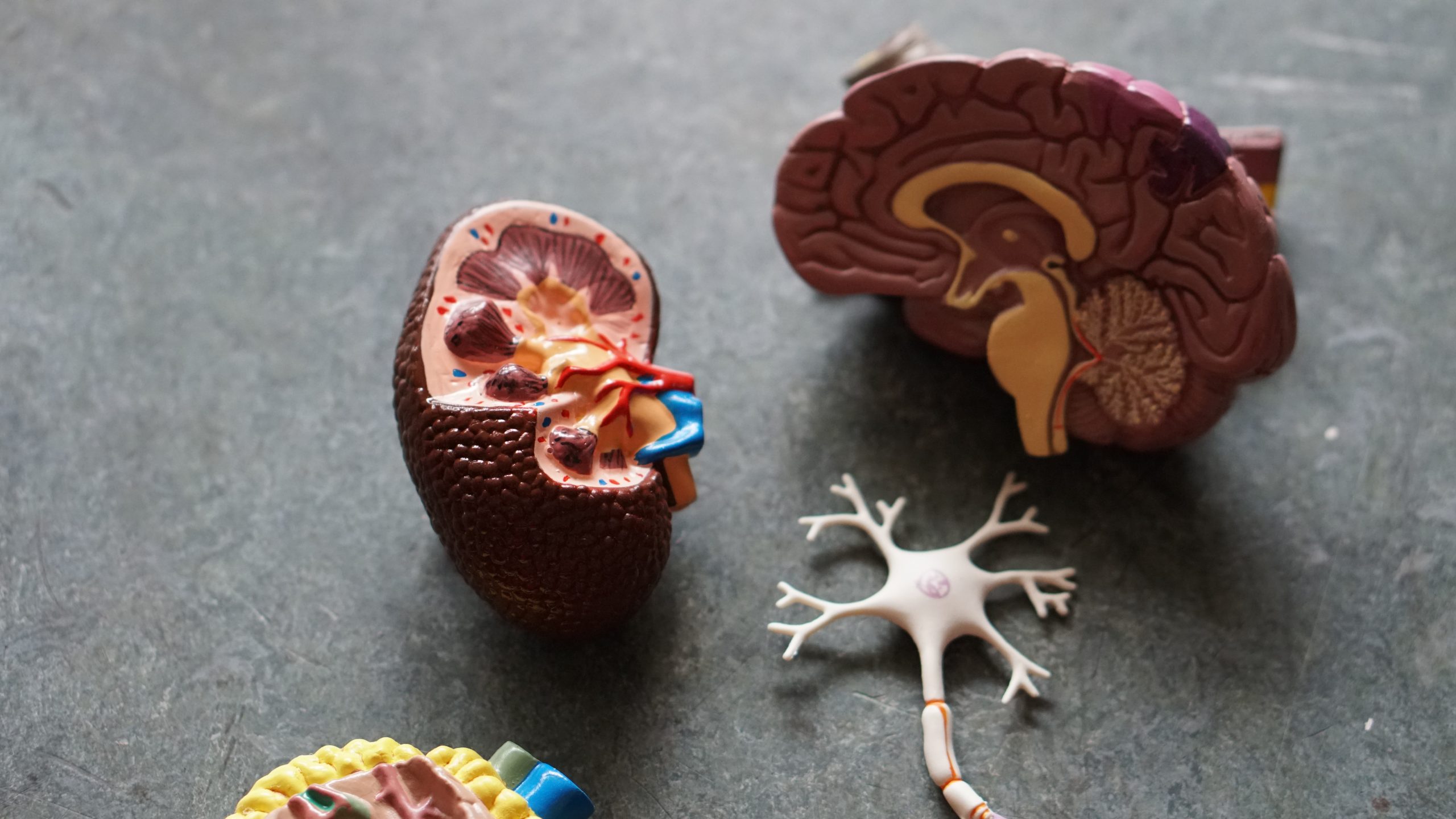Introduction
Living with discoid lupus can feel unpredictable. Some days, your skin may look and feel stable. On others, flare-ups appear suddenly, leaving behind discomfort and visible patches that affect daily life and take an emotional toll. Many people wonder why these flares happen at certain times and not others. While every person’s experience is different, there are known factors that often play a role.
In this blog, we’ll find out about discoid lupus flare factors and understand how they can influence flare patterns. We will also learn about common triggers, lifestyle connections, and ways to take practical steps to reduce flare frequency. By understanding these patterns, you can feel more in control and better prepared for the challenges this condition brings.
How Do Environmental Factors Affect Discoid Lupus?
The world around us has a powerful impact on our skin health. For people with discoid lupus, even small environmental changes can spark a flare.
Sun exposure is one of the most common culprits. Ultraviolet rays often worsen lupus lesions, especially when protective steps such as sunscreen or clothing are skipped. On the other hand, cold weather can dry the skin and make patches more painful. In addition, pollutants in the air, such as smoke or chemicals, can further irritate sensitive areas.
- Sunlight: Triggers flares on exposed skin
- Cold climates: Worsen dryness and irritation
- Air pollution: Increases sensitivity and flare risk
Therefore, being aware of your surroundings and preparing ahead of time can reduce the impact of these triggers. Even small adjustments, such as wearing wide-brimmed hats or avoiding peak sunlight hours can make a noticeable difference.
Can Stress Play a Role in Flare-Ups?
Stress does not cause lupus, but it can make living with it harder. Emotional pressure often weakens the immune system, and for many people, this leads to stronger or more frequent skin flare-ups.
When stress levels rise, the body produces more stress hormones, which can increase inflammation. This added inflammation tends to show on the skin, worsening discoid lupus lesions. Simple lifestyle stressors, such as work deadlines or lack of sleep, may also add to the problem.
Learning how to manage stress can be a valuable part of your treatment plan. Techniques like mindful breathing, light exercise, or journaling may help you feel calmer, while also supporting your skin health. You may not be able to avoid stress completely, but lowering its impact can improve your daily comfort.
Also Read: 5 Common Discoid Lupus Conditions You Should Know About
The Link Between Medication and Lupus Flares
Certain medicines that treat other health conditions may trigger discoid lupus flare-ups. This does not happen to everyone, but it is a known possibility.
Some blood pressure medications, antibiotics, or drugs for heart conditions are linked with lupus-like reactions. If your flares seem to worsen after starting a new medicine, it is important to let your doctor know. Never stop a prescribed medication on your own, but always discuss any concerns with a healthcare professional.
Moreover, even missed doses of lupus treatment itself can make flare-ups more likely. Sticking with your prescribed plan can help reduce the risk of worsening symptoms, whether it involves creams, oral medicines, or lifestyle guidance.
How Does Lifestyle Influence Discoid Lupus?
Your daily habits often shape the way discoid lupus behaves. Sleep, diet, and routine care can either calm or aggravate flare patterns.
- Lack of sleep: Increases stress and weakens immunity
- Unbalanced diet: Can fuel inflammation
- Smoking or alcohol: May worsen skin irritation
On the other hand, making simple changes often improves stability. Eating balanced meals with anti-inflammatory foods, staying hydrated, and getting consistent sleep are all helpful. Additionally, avoiding smoking can reduce the frequency and intensity of flares.
Lifestyle choices may not prevent flares entirely, but they can ease the severity and give your body more strength to manage them.
Are Hormones and Immune System Changes Connected?
Another factor that sometimes influences discoid lupus is hormonal change. Some people notice that flares happen more often around menstrual cycles or other shifts in hormone levels.
The immune system is already sensitive in lupus, and hormone changes can increase its activity. This may explain why some people experience stronger symptoms during certain phases of life. While you cannot always control these changes, keeping track of when flares occur may reveal patterns that help your doctor give better advice.
Why Skin Care Routines Matter
Your skin is the first defense against flare triggers. A gentle care routine can protect against irritation and lower the chance of worsening lesions.
Choosing mild, fragrance-free cleansers and moisturizers helps prevent extra stress on sensitive areas. Avoiding harsh scrubs or overly hot water can also reduce irritation. Moreover, consistent sunscreen use is one of the most effective steps for people with discoid lupus.
A simple routine like this not only supports your skin, but also helps you feel more in control of daily care. In the long run, these habits can make flare-ups less severe and easier to manage.
Putting It All Together
Flare triggers are not always predictable, but understanding common patterns gives you more control. Sunlight, stress, certain medications, lifestyle habits, and even hormonal changes all play a crucial role. While you cannot remove every risk, paying attention to these factors often helps reduce flare frequency and severity.
Furthermore, for individuals who want to explore better options, Hightower Clinical is committed to advancing care through clinical research. If you are interested, you can participate in research for lupus conditions, helping to shape future treatments while gaining access to new possibilities. Visit Hightower Clinical to learn more about ongoing opportunities.










